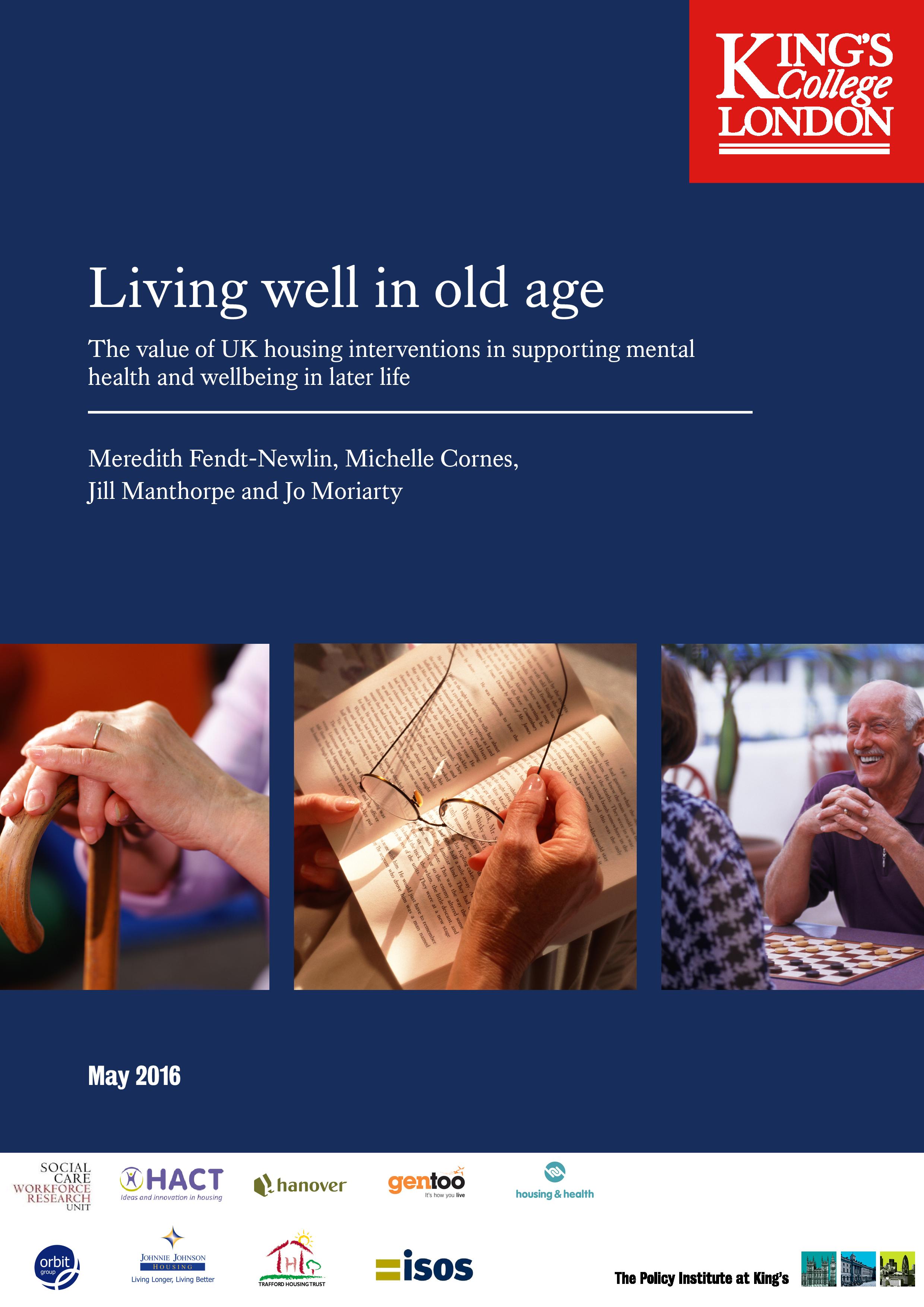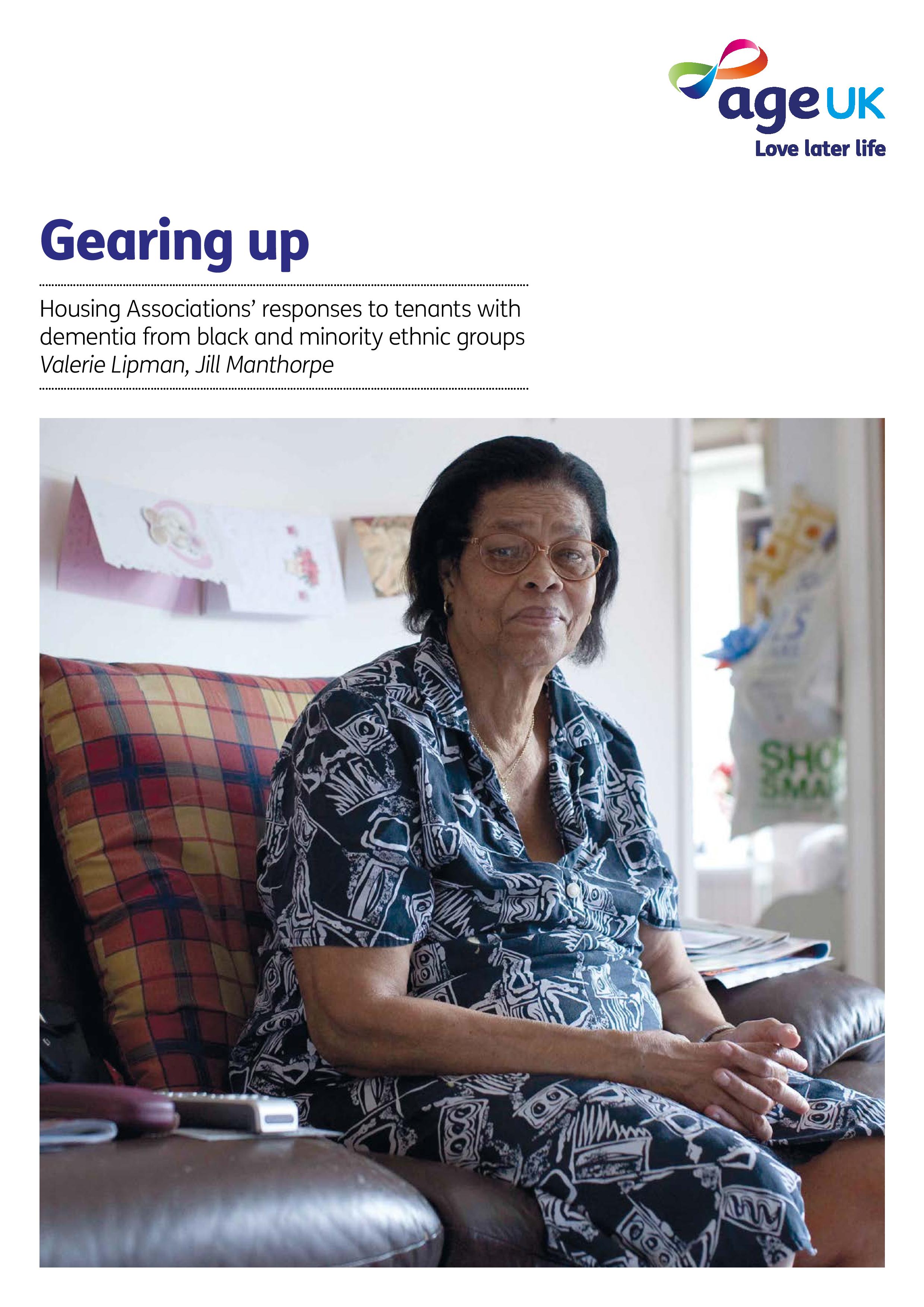Laura Cole is Senior Research Associate at the Social Care Workforce Research Unit, King’s College London. (929 words)
It is often overlooked that two thirds of people with dementia are women, and caring is often viewed as a woman’s role; both in the family and the workplace. These seemingly obvious points were highlighted at the second* event of the VERDe Network, ‘Venus, Mars and Dementia – Gender perspectives on dementia’ held on 2 June 2016 in central London. Everyone who attended was keen to explore the equalities dimensions arising from gender differences that affect the services, policies and practitioners that aim to support people with dementia and their carers. Continue reading





